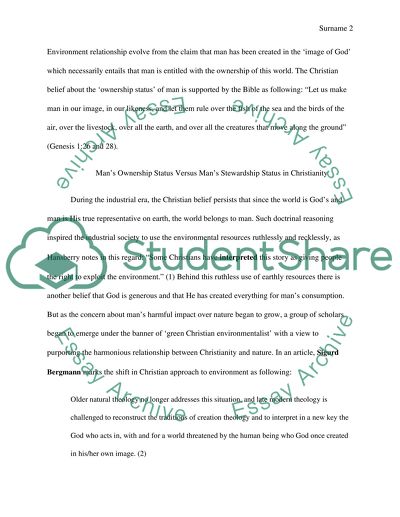Cite this document
(“A research topic related to religion and the environment Paper”, n.d.)
Retrieved from https://studentshare.org/religion-and-theology/1610090-a-research-topic-related-to-religion-and-the-environment
Retrieved from https://studentshare.org/religion-and-theology/1610090-a-research-topic-related-to-religion-and-the-environment
(A Research Topic Related to Religion and the Environment Paper)
https://studentshare.org/religion-and-theology/1610090-a-research-topic-related-to-religion-and-the-environment.
https://studentshare.org/religion-and-theology/1610090-a-research-topic-related-to-religion-and-the-environment.
“A Research Topic Related to Religion and the Environment Paper”, n.d. https://studentshare.org/religion-and-theology/1610090-a-research-topic-related-to-religion-and-the-environment.


